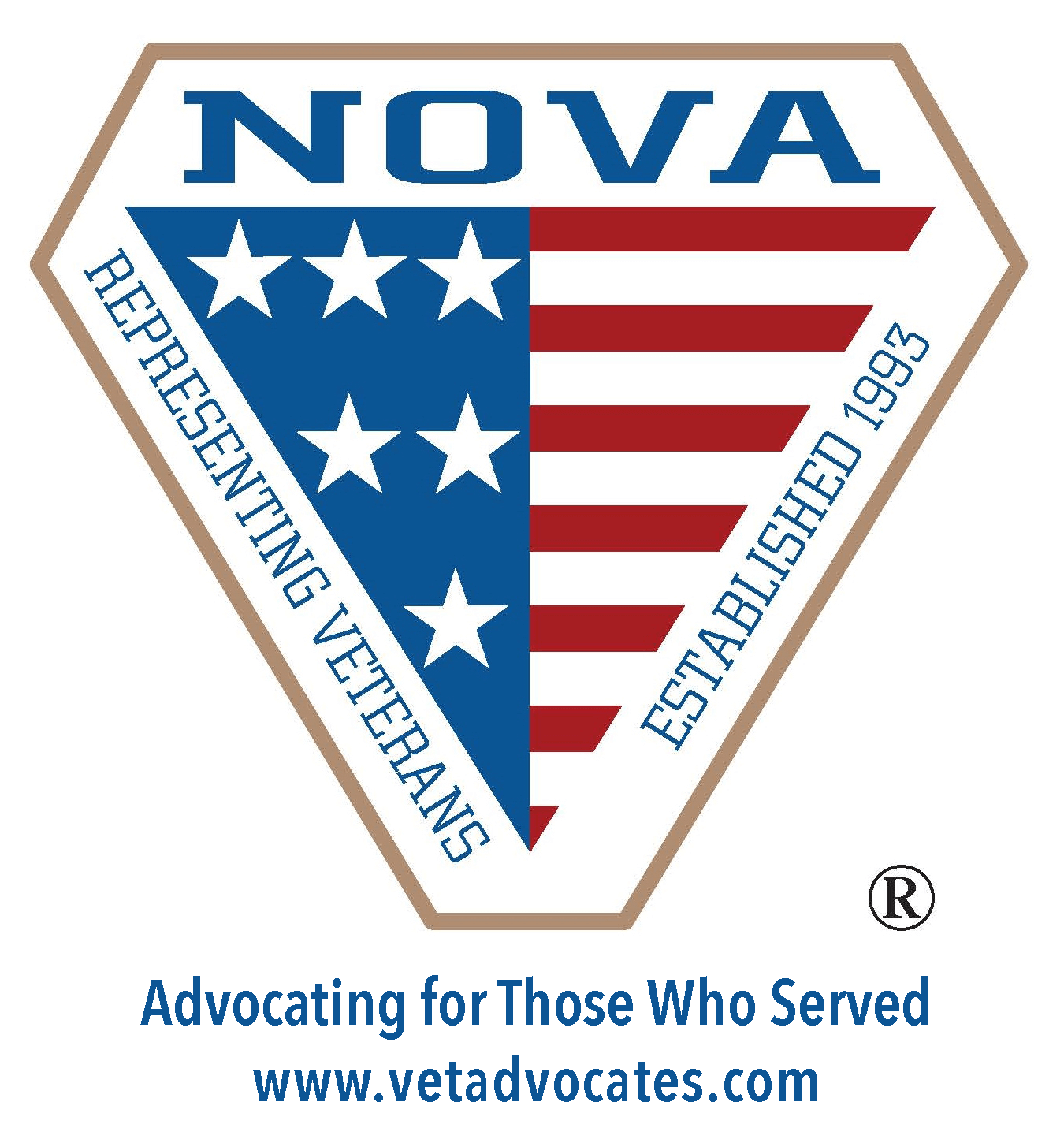Veterans seeking VA disability benefits due to difficulties from their service-connected conditions may still be interested in working to bring in extra income. Veterans with a 100% VA disability rating can work and still receive their monthly benefits. However, veterans receiving 100% compensation through total disability based on individual unemployability (TDIU) have restrictions on working for income. It is important to understand the difference between TDIU and a 100% disability rating.
In this article, we explain more about how veterans can receive 100% disability compensation from the VA and how and when work restrictions apply.
Talk to Us About Your Claim:
(866) 232-5777
In this article about working with 100% VA disability:
What does a 100% VA rating mean?
There are two ways for veterans to receive a 100% VA disability rating. They can receive a 100% rating for a single condition, or they can have multiple conditions and receive a combined rating of 100%.
A 100% rating for a single disability means you receive the VA’s highest rating for a service-connected condition in the Schedule of Ratings. In other words, this rating means that you are disabled at the highest level for your disability. And therefore, you get the most compensation available.

A single 100% rating is not easy to receive because it means that the condition you’re experiencing is considered severe and totally disabling. Despite the difficulty of receiving a single 100% rating, more than a million veterans were considered totally disabled and receiving benefits at this rate in 2021.
A combined rating adds the ratings for multiple conditions together using “VA math.” Unfortunately, it can be difficult to receive a 100% combined rating due to the complicated way VA math works. For example, if you add 10% at a time, it will take 18 conditions rated at 10% to get 90% VA disability. It takes another 9 disabilities at 10% to go from 90% to 100% disability. You can learn more about how your own conditions add up using our VA ratings calculator.
Can I receive 100% VA disability compensation without a 100% rating?
Yes. Veterans whose conditions are not rated at 100% or do not add up to 100% may be eligible for a total disability rating based on individual unemployability (TDIU). Veterans receiving TDIU get the same monthly amount as veterans with single or combined ratings of 100%, without your condition having to qualify at the 100% level.
TDIU eligibility
You can apply for TDIU if you cannot work because of a service-related mental or physical condition or a combination of multiple service-connected conditions and their side effects.
More than 376,000 veterans were receiving TDIU benefits as of 2023. Veterans with a dishonorable discharge are not eligible for TDIU.
According to VA disability law, qualifying for schedular TDIU requires you to have:
- One service-connected disability rated at least 60% OR
- Two or more service-connected disabilities, at least one disability ratable at 40% or more, with a combined rating of 70% or more
In some situations, veterans can have multiple disabilities that are considered a single disability for purposes of meeting the rating requirements for TDIU. Those circumstances include:
- When one or both upper extremities or one or both lower extremities are affected (including the bilateral factor)
- If multiple disabilities were caused by the same condition or incident (called a common etiology)
- Multiple disabilities that affect a single body system (orthopedic, digestive, respiratory, cardiovascular-renal, neuropsychiatric)
- Multiple injuries incurred in action
- Multiple disabilities incurred as a prisoner of war
If you don’t meet the criteria, you might still be awarded TDIU under what is called extraschedular TDIU, which is awarded when service-connected disabilities prevent a veteran from working, but the rating requirements above are not met.
What does a 100% VA disability rating pay monthly?
The VA pays single veterans who obtain a 100% VA disability rating or TDIU $3,737.85 a month. The VA also offers extra compensation if you are married or have children or parents who are dependent on you.
The amount of monthly payments depends upon your VA disability rating. Payments are tax-free and usually increase when Congress approves a cost-of-living increase each year.
You may also be entitled to back pay for the time spent waiting for a correct rating decision. This can be a significant amount of money owed to you in a lump sum on top of future monthly checks for your disability rating.
Can I work with 100% VA disability?
The short answer is yes. The VA does not prohibit veterans who have a single or combined rating of 100% from working. However, having a single condition rated at 100% likely means working is very difficult if not impossible. If you are able to continue working and have a 100% rating for a single disability or a combined rating of 100%, there are no rules that prevent you from doing so while still receiving disability compensation.
On the other hand, if you are receiving VA disability benefits at the 100% level because you have been granted TDIU, there are income restrictions. To receive TDIU benefits, you must be unable to keep “substantially gainful employment” due to your service-connected conditions. Therefore, your earned income should not exceed the federal poverty level for your household size. Earned income includes most jobs, including side and odd jobs, but does not include passive income. One example of passive income would be owning rental properties you do not manage. The money made off those rentals would not affect your ability to receive TDIU benefits.
What if I work but have accommodations at my job?
If you have accommodations at your job but can’t reach a 100% VA disability rating, you may want to consider applying for TDIU. TDIU benefits are available for veterans who cannot keep what the VA refers to as “substantially gainful employment.” If you are working “marginally,” you may still be eligible for TDIU.
Marginal work includes work that pays below the federal poverty level and workplaces that are sheltered or protected. In a sheltered workplace, your role may be adjusted to fit your needs. You may be allowed certain accommodations by your employer. An example of an accommodation might be you can’t sit or stand for long so you must take extra breaks. Maybe your employer is a family friend who allows you to frequently leave early due to headaches or mental health issues. These accommodations may not be available to most employees or in most workplaces. However, they are the only way you’re able to work with your conditions.
The VA will consider many different restrictions as accommodations for VA disability benefits. You may gather statements from your current and former employers stating how your disabilities prevented you from performing your job. Even if you ended up getting fired, your former employer may be able to write a letter talking about how much trouble you had at your job. Lay statements like this can often make strong evidence.
“The firm got me to 70%, and I was happy. Individual unemployability was awarded to me and to this day, I’m so grateful. My future is no longer bleak. These people work very hard for you.“
How our VA disability lawyers can help
If you were denied a 100% VA disability rating or TDIU, call us today for a free case evaluation. Our VA-accredited attorneys have helped thousands of veterans nationwide with their VA claims. You won’t pay us anything unless we win your case. If we win, you will only pay a percentage of your back pay – we never touch your future monthly VA checks.
Talk to Us About Your Claim:
(866) 232-5777
FREQUENTLY ASKED QUESTIONS
You can work with a single or combined 100% rating if you’re physically able to. TDIU is for veterans who can’t maintain gainful employment because of injuries or illnesses related to service. Therefore, you can’t be gainfully employed and receive that benefit.
The VA pays single veterans who obtain a 100% VA disability rating or TDIU $3,737.85 a month for a single veteran with no dependents.



